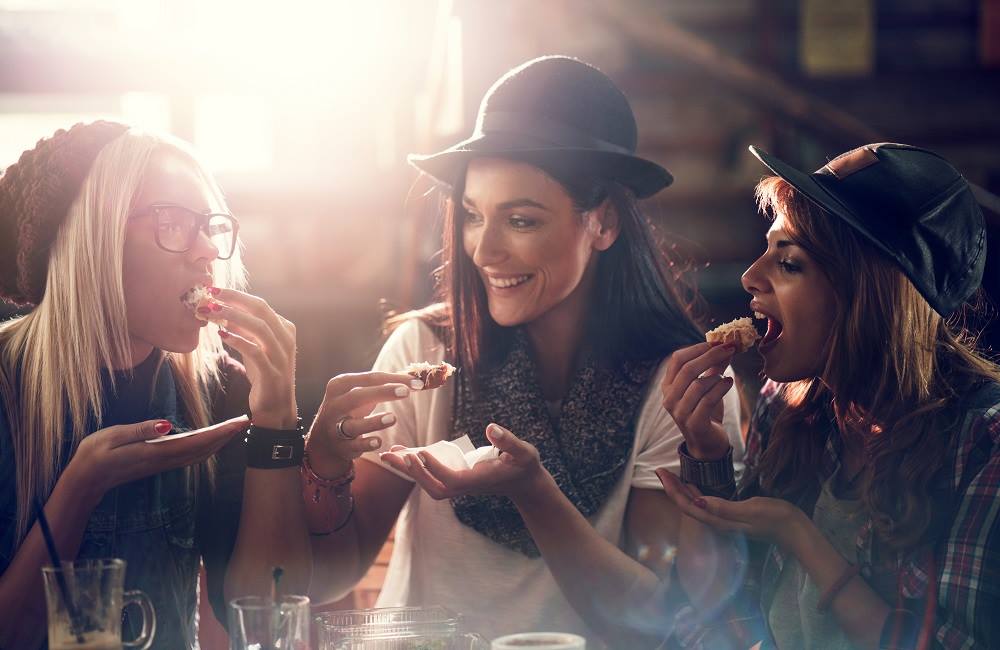Pop-Up Dining: The New Trend in Cannabis Circles
The pop-up dining trend has added a new twist in states where you don’t get taken to jail for possessing small amounts of cannabis.
Cannabis pop-up dining has become a thing in places like Los Angeles. Chefs prepare high-end meals that have just a little something different: they are infused with cannabis. Given the breadth of marijuana edibles already on the market, cannabis creations are limited only by the chef’s imagination.
Basically, the trend allows people to have a communal experience while enjoying cannabis, rather than sitting at home in front of HBO. As described in this L.A. Weekly article, it’s a lot of fun to get micro-doses of cannabis as you move through the courses of a meal.
And as the article points out, the pop-up event shows “just how far marijuana users have come in normalizing marijuana consumption.”
The Pop-Up Trend
In a way, pop-up restaurants are a lot like food trucks. If you make something different and good, getting a food truck is a smart way to expose lots of people to your culinary creations without the headaches (and cost) of a brick-and-mortar restaurant.
Many people have gotten investors interested in their product through serving from food trucks parked at strategic locations.
Pop-up dining works the same way. Using social media, chefs let people know where they will show up next to serve their special brand of food. Locations include parking lots and private homes. Pop-up dining has really been biggest in the United Kingdom and Australia, but has also taken hold in the U.S.
Cannabis in the Mix
It makes sense for cannabis to become part of the pop-up trend. Marijuana-infused haute cuisine is the natural next step given the popularity of edibles in the legal marijuana market.
For example, edibles make up about half of all marijuana sales in Colorado, the state that has led the way in the legal recreational marijuana market.
L.A. Chef Chris Sayegh, who co-sponsored the pop-up written about in L.A. Weekly, has been a leader in designing marijuana-infused culinary creations. People pay anywhere from $20 to $100, then go to a location where dozens (or even hundreds) of others have gathered.
Previously, you needed a medical marijuana card for entry. Now, with recreational marijuana legalized in California, that no longer is the case.
Sayegh, 23, told Reuters his clients do not taste the cannabis unless he wants them to.
“To me, this is a cerebral experience,” he said. “You’re eating with a different perception with each bite, with each course. You’re literally changing your brain chemistry and you are viewing this food differently than you did five minutes ago, 10 minutes ago.”
With legalization spreading across the United States, Sayegh hopes to bring the pop-up cannabis dining experience to more people. Expect other chefs to follow suit.




